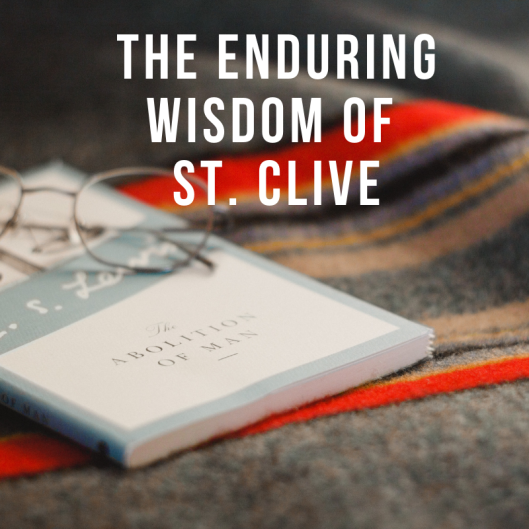A Reblog of Drew Rick-Miller’s Science in Congregations email…

A few years ago, when the bestselling author and New York Times columnist David Brooks found himself undone by a recent divorce, he began to contemplate a move spiritually and it became public. According to The New Yorker, “He received, by his own estimation, three hundred gifts of spiritual books, ‘only one hundred of which were different copies of C. S. Lewis’s Mere Christianity.’”
Undoubtedly this was about ninety-nine copies too many, but the friends and acquaintances were on to something. Lewis remains a potent force for instigating conversion. (It worked for me as a first-year student at Berkeley.) I have heard in countless lectures about Christian thought leaders who read “St. Clive” (my nickname—his full name is Clive Staples Lewis) and his enduring influence. I would say, with pardonable overstatement (I hope), that just about every Christian academic I know has read Lewis and been changed.
Lewis, Collins, and Oberg
But let me limit that comment above to thought leaders in faith and science. Francis Collins, the head of the National Institutes of Health, repeatedly cites Lewis as the reason he became a Christian in medical school at age 27. Alister McGrath has written several biographies of St. Clive and his enduring impact.

Thank you for sharing this. CS Lewis has had a profound impact on many lives including my own.
LikeLike
What is your favorite book of his? I’m a Narnia fan and love his space trilogy.
LikeLike